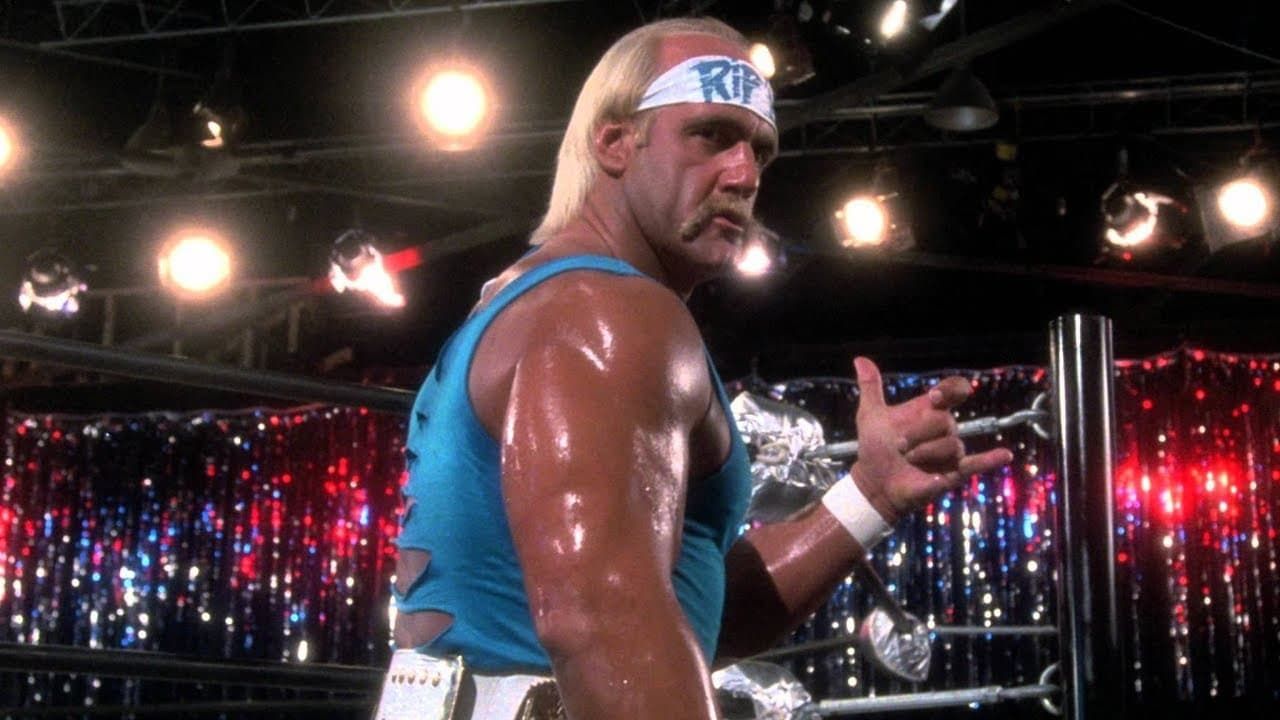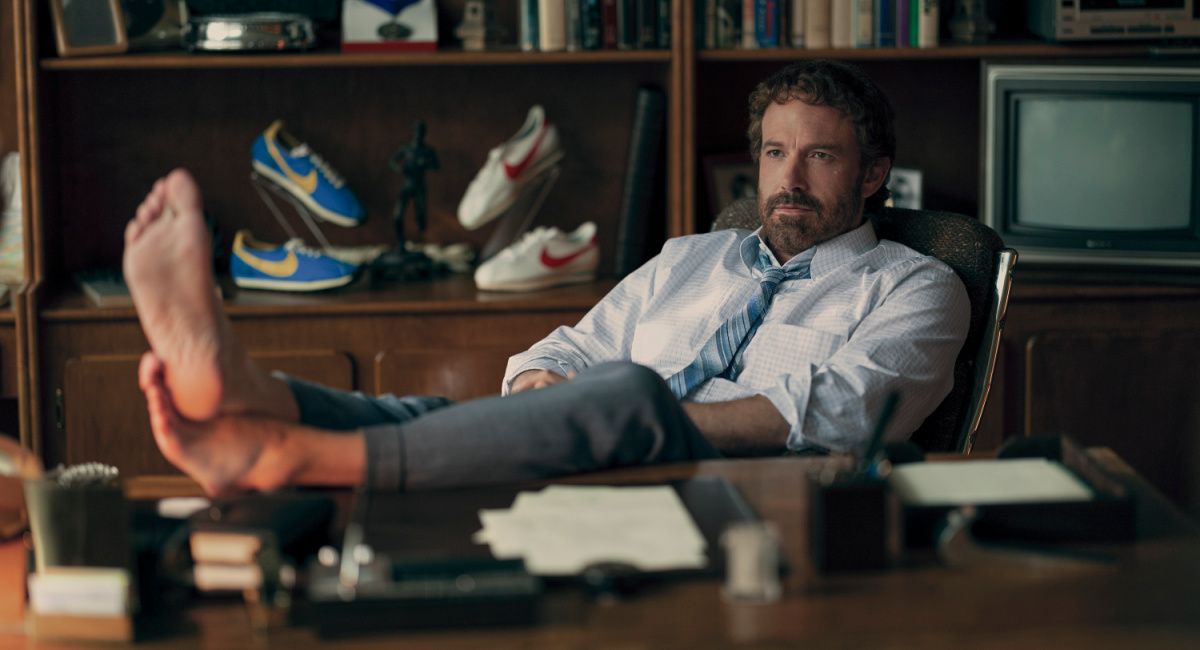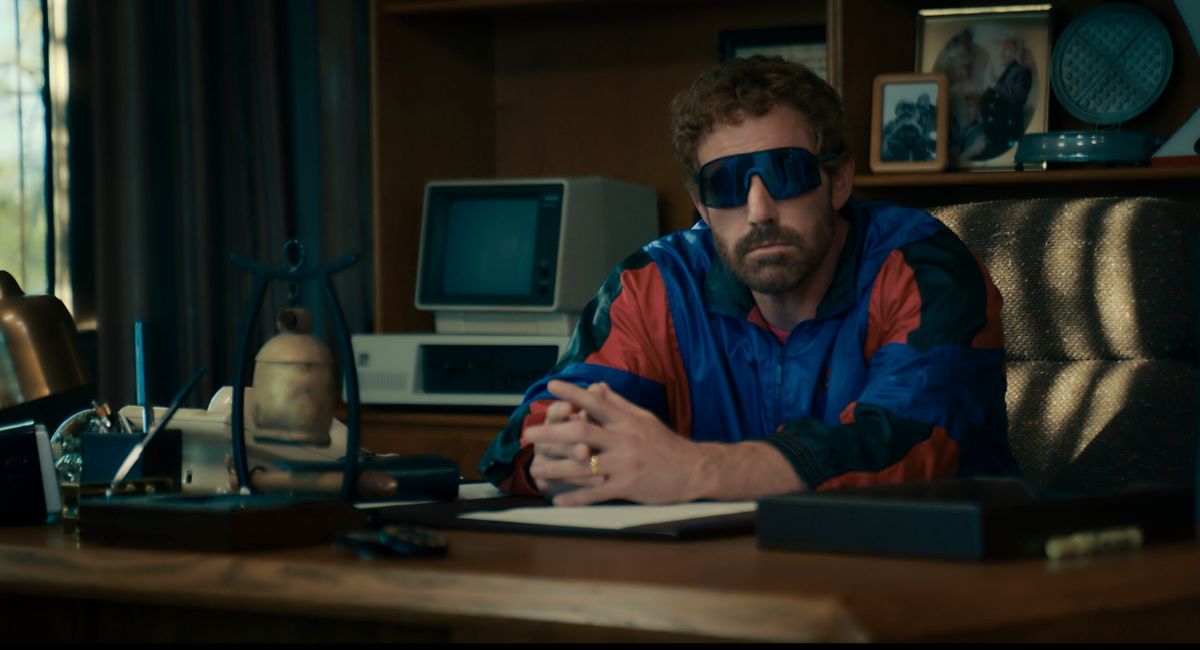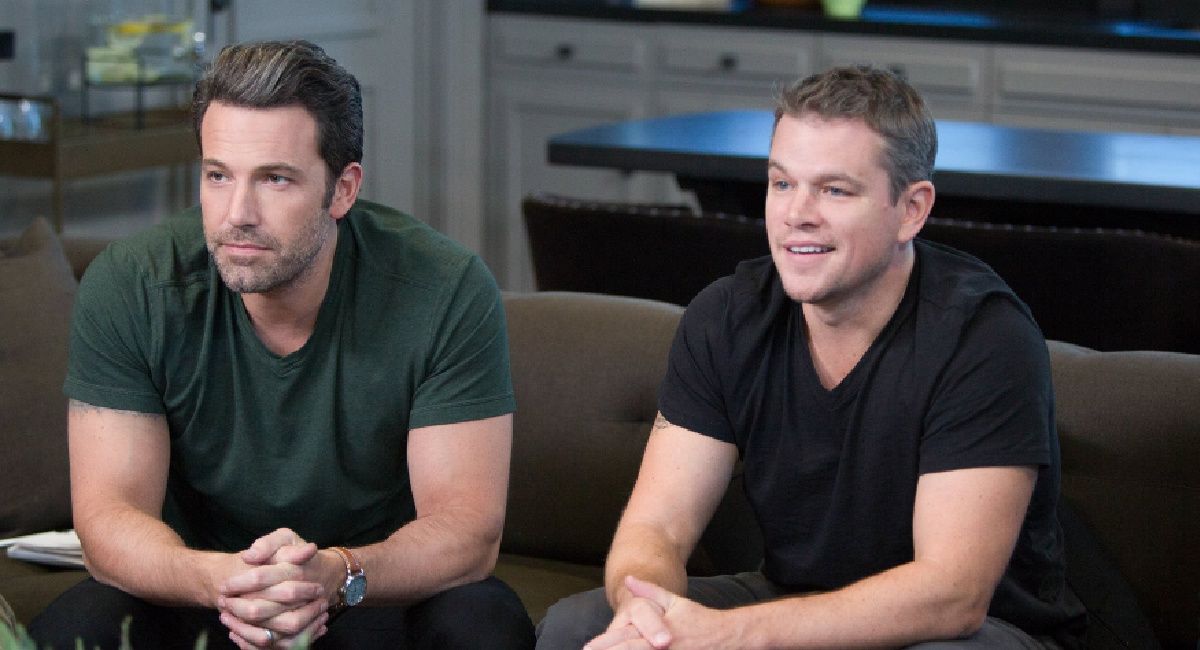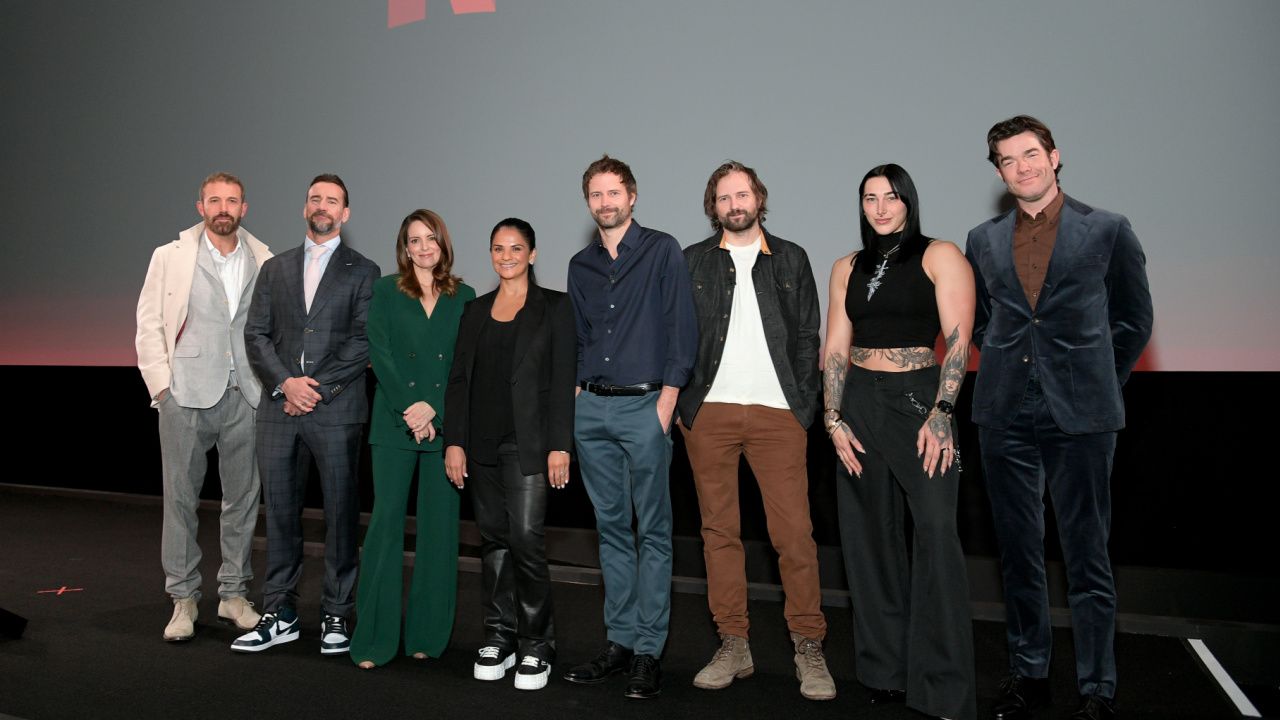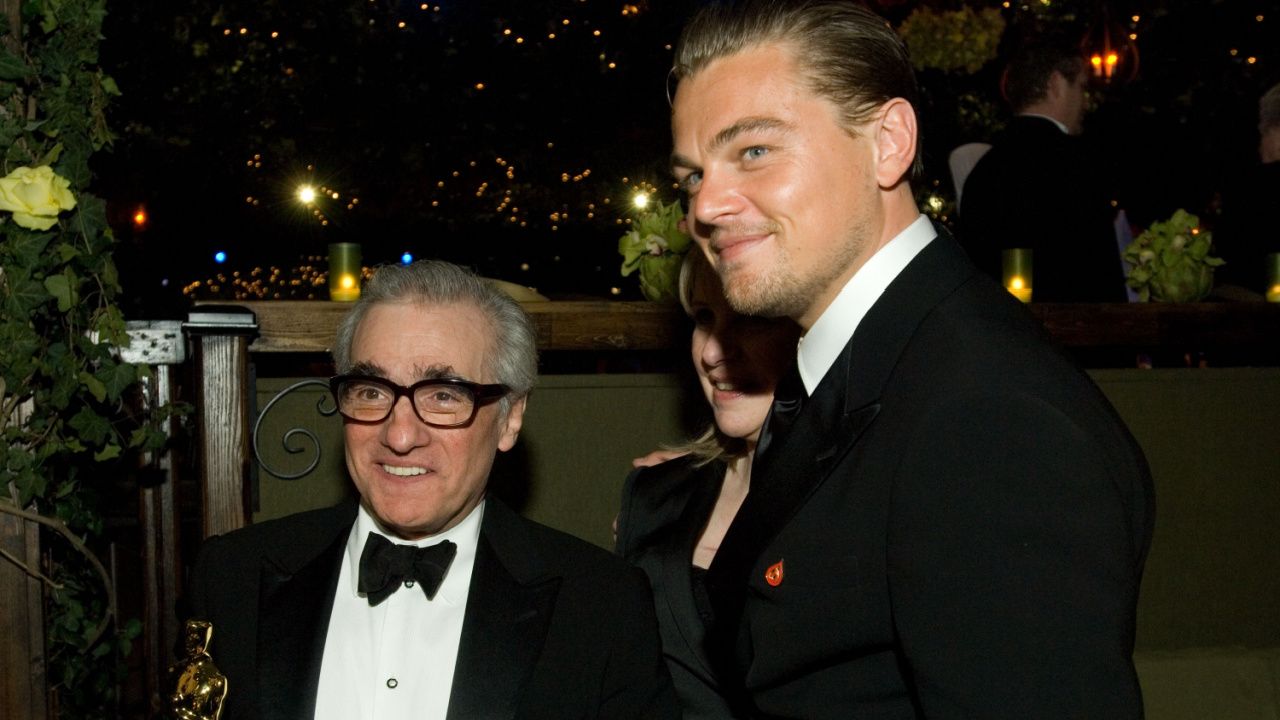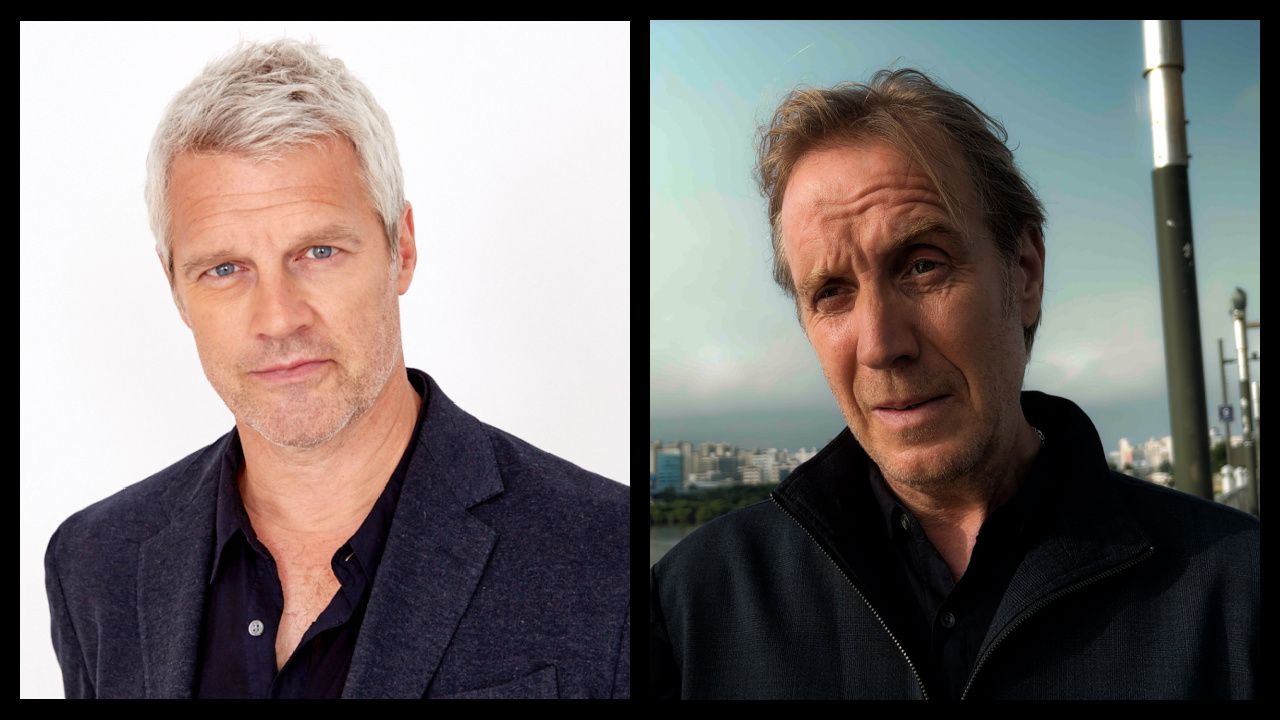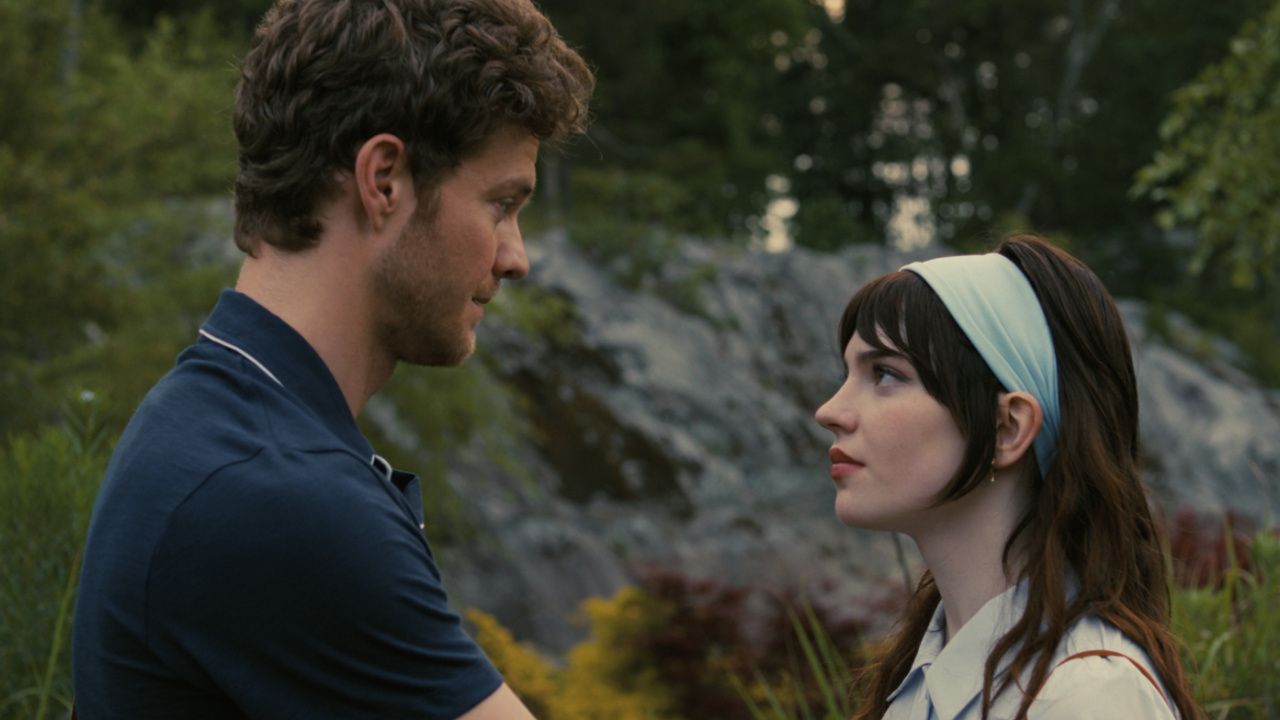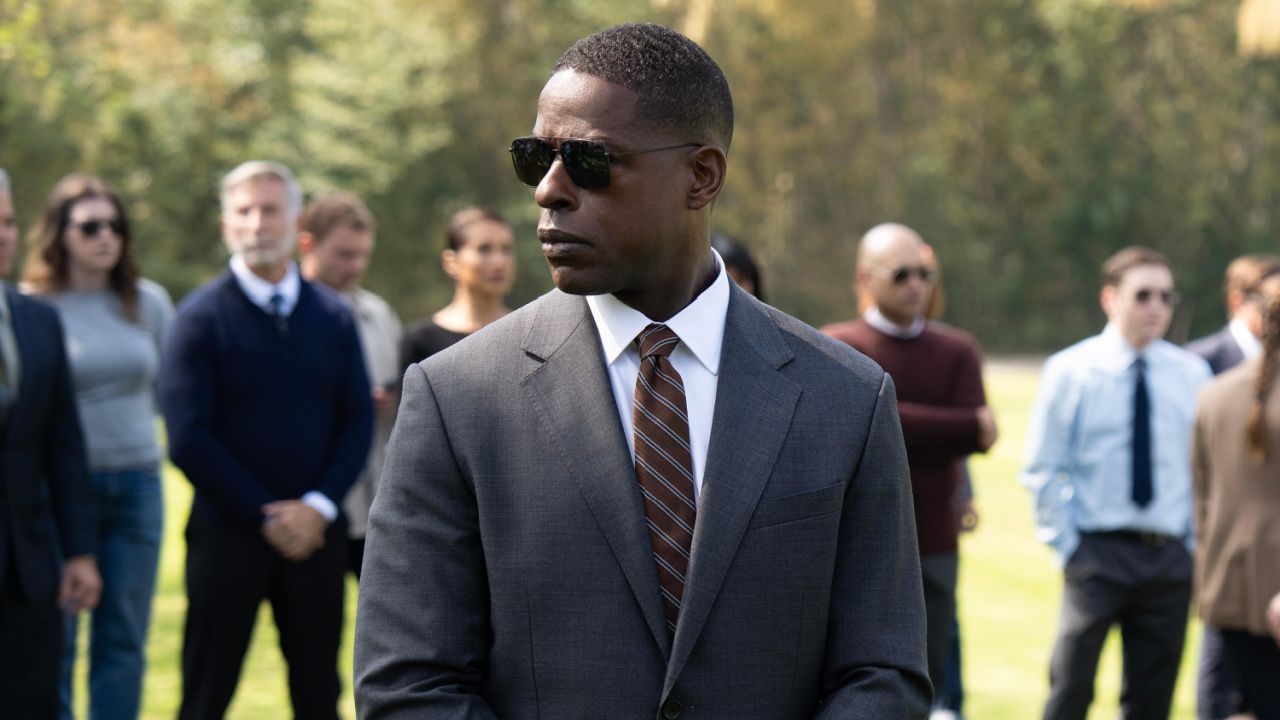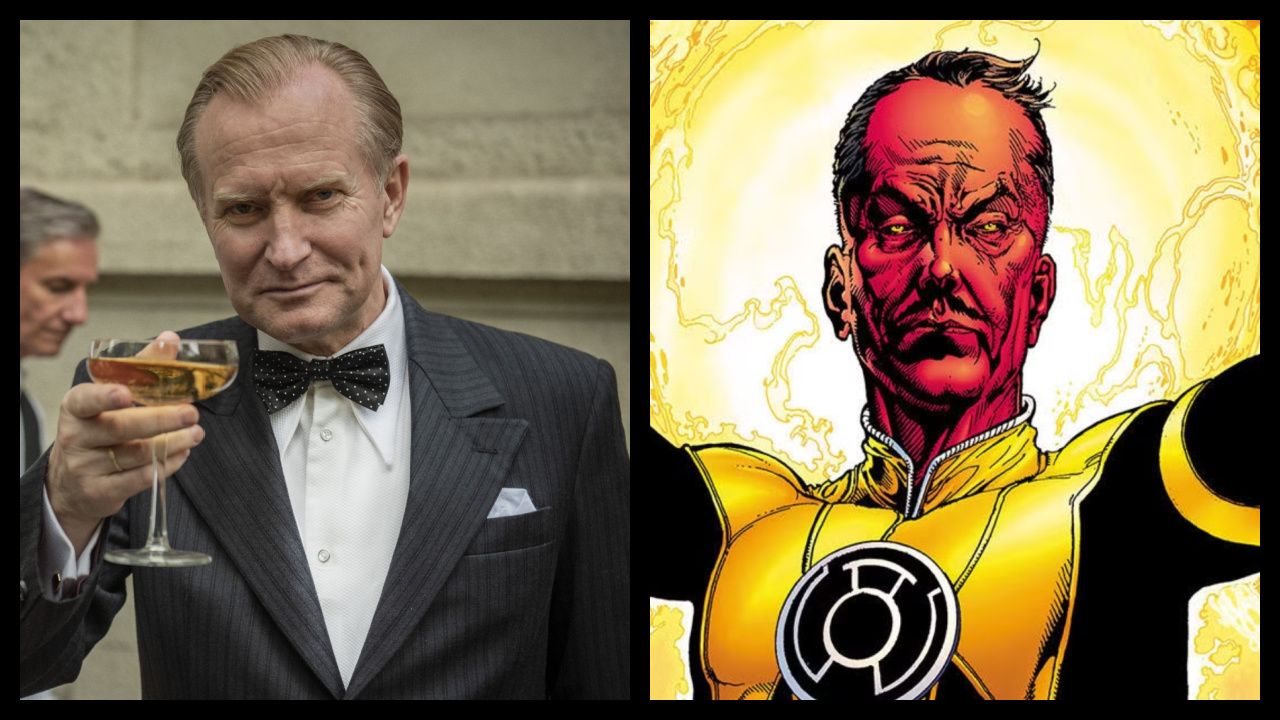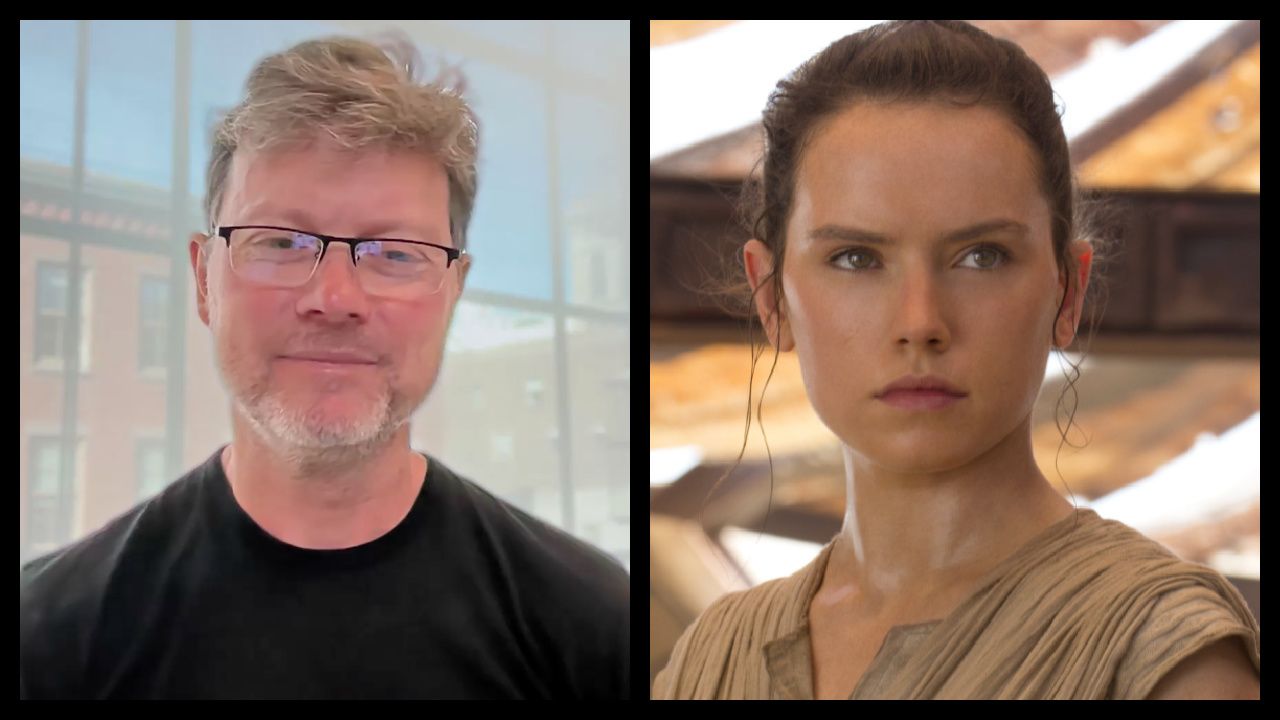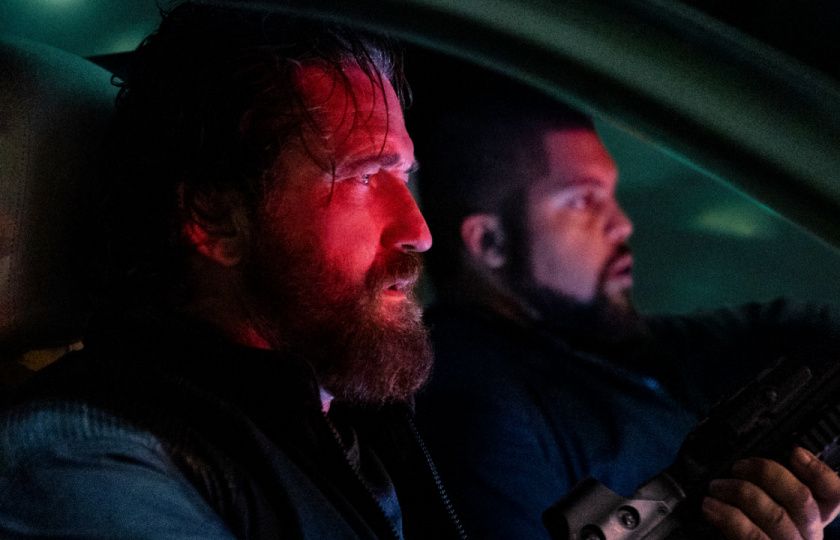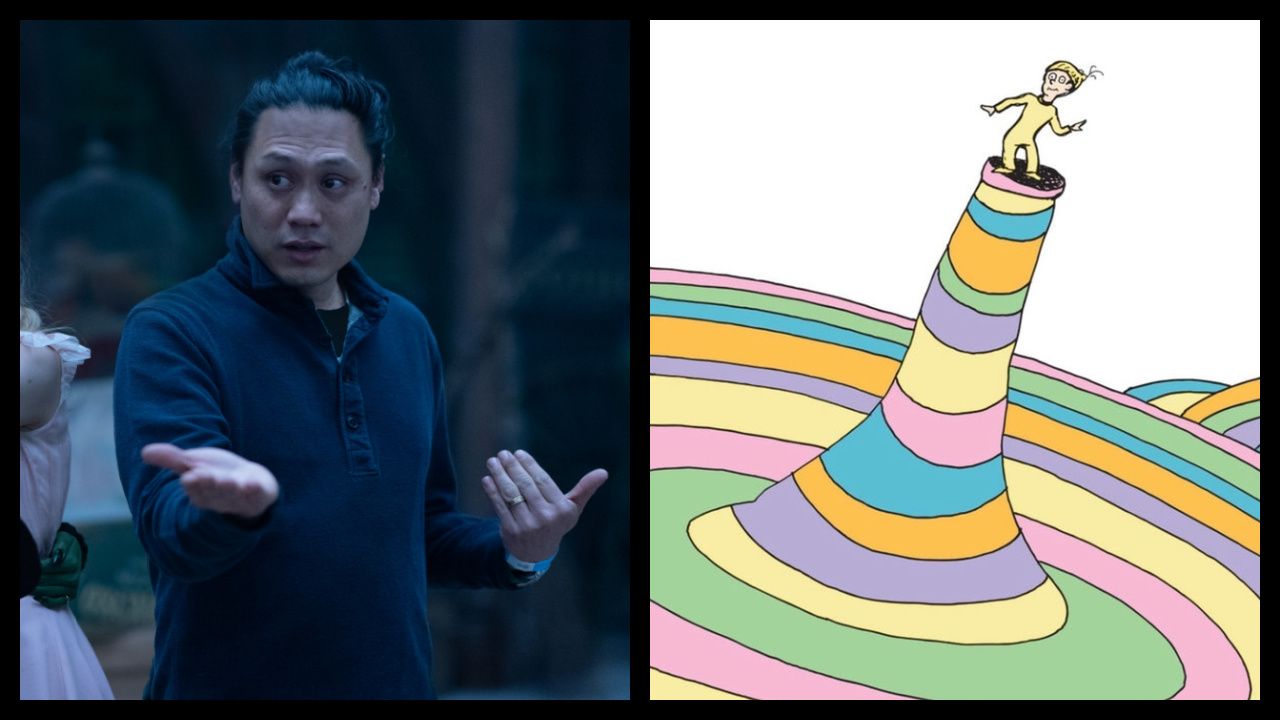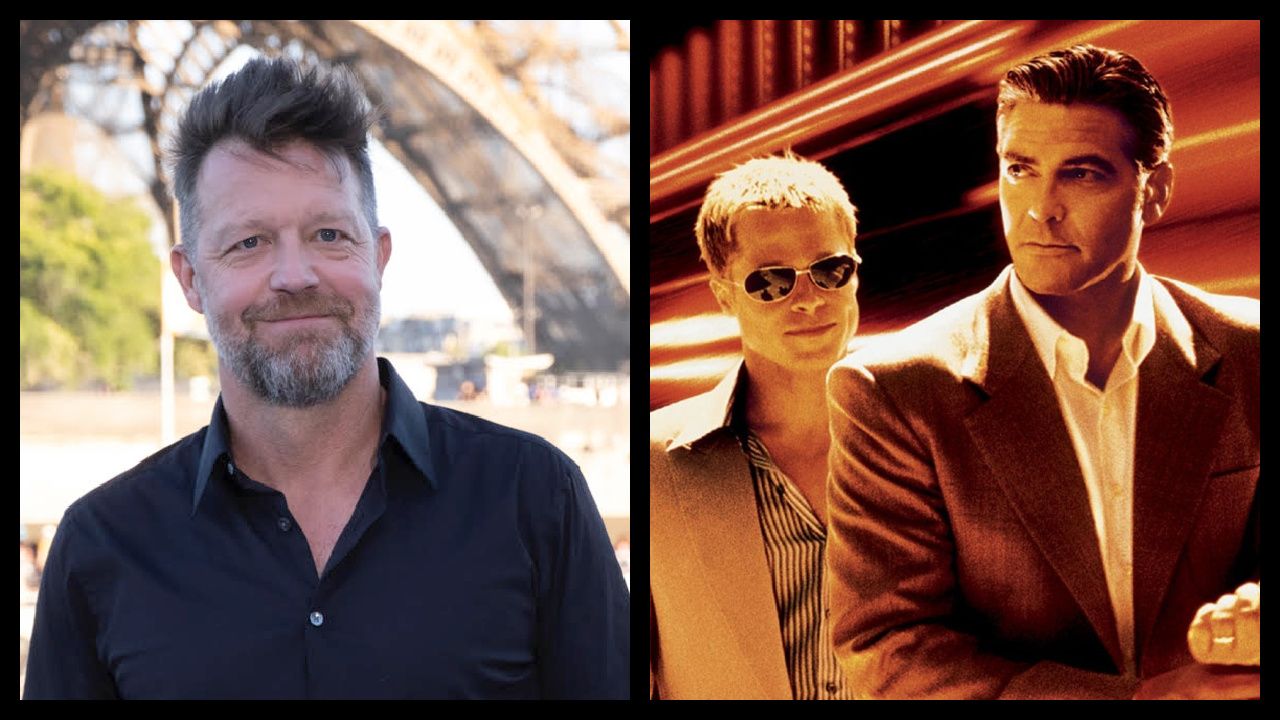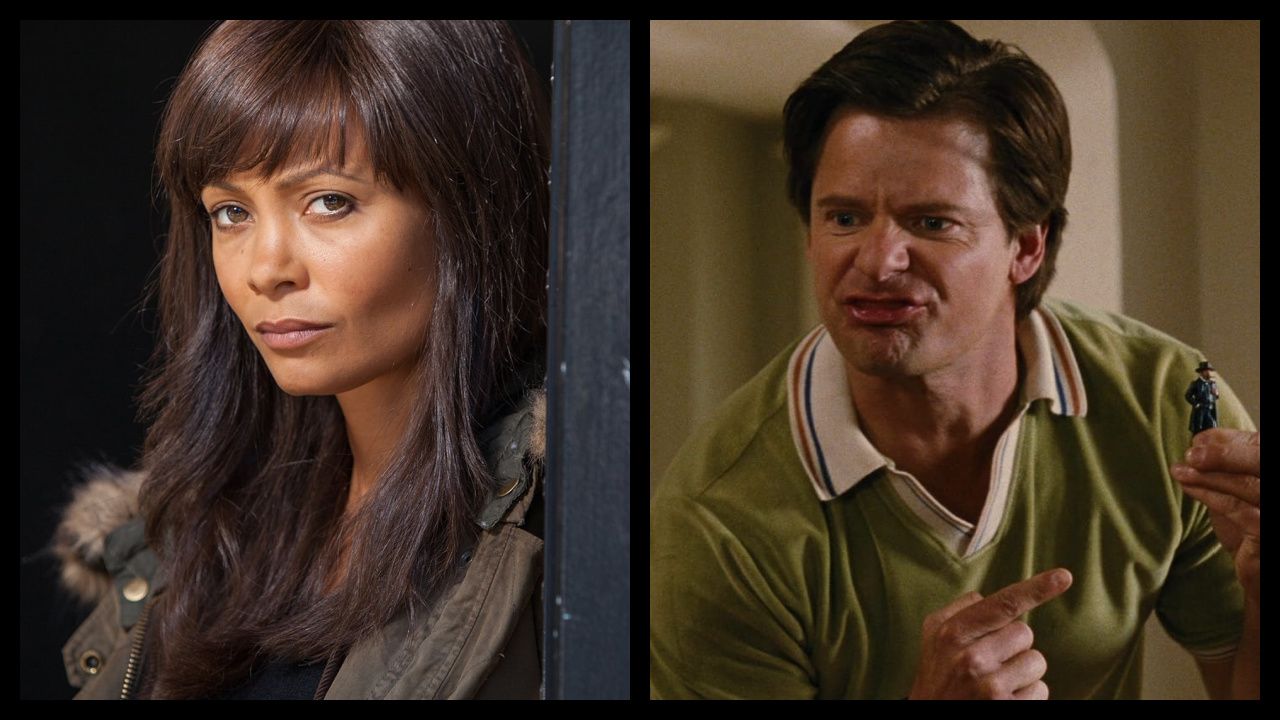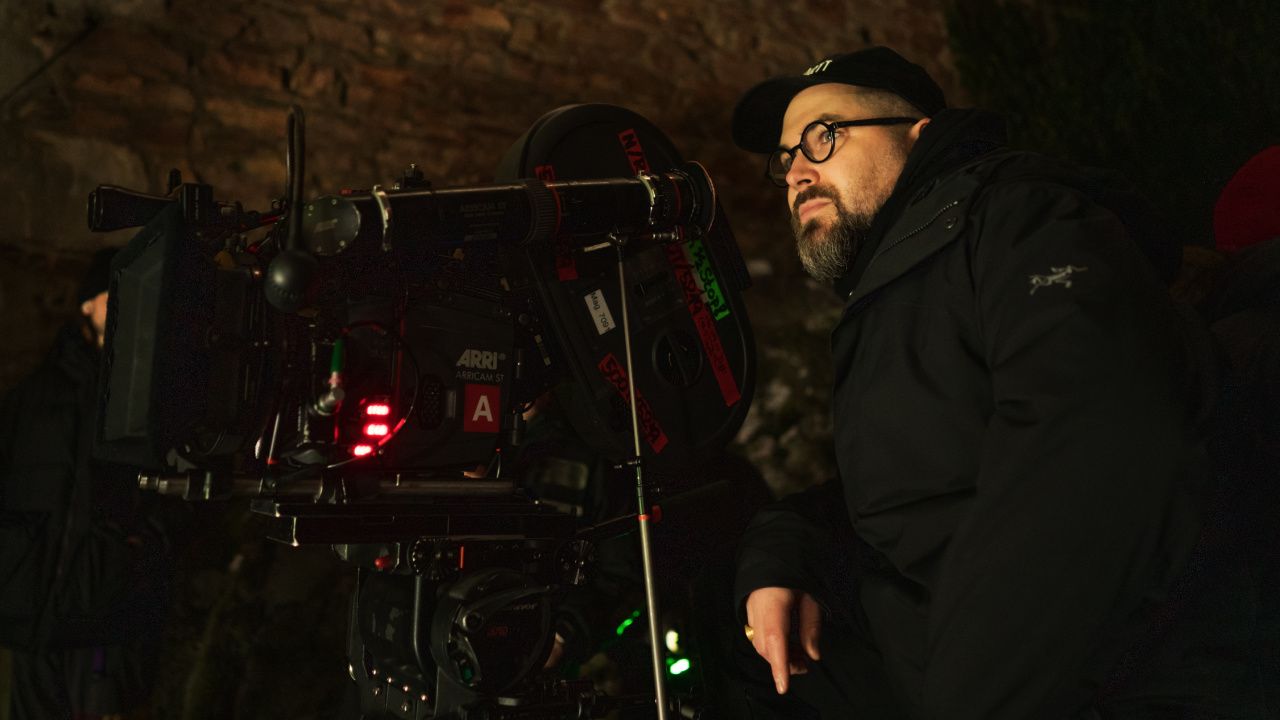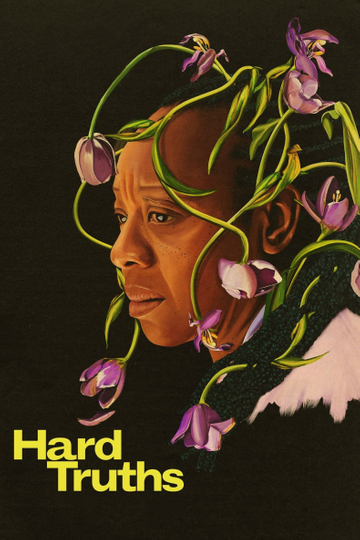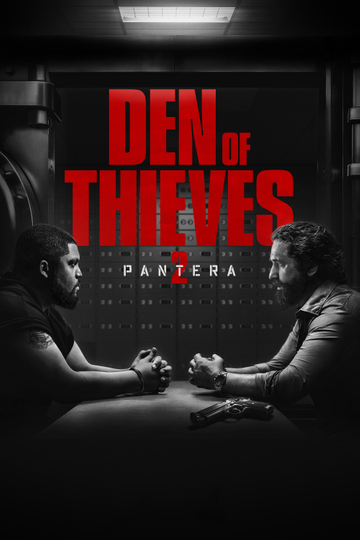Happy Birthday, Danny Elfman! 11 Scores That Defined His Career
If luminaries like Bernard Herrmann, Ennio Morricone, John Barry and John Williams embody an older, perhaps “classic” generation of film music, Danny Elfman, along with Stewart Copeland, Mark Mothersbaugh and others heralded the arrival of composers who began their career as pop and rock artists before transitioning into the work for which they have become best known - film scores. Elfman, born on May 29, was a member of the band Oingo Boingo for over 20 years, but began composing film music in the late 1970s before making his breakthrough with the score to his brother’s film “Forbidden Zone,” and three years later, the first of dozens of partnerships with Tim Burton on “Pee-wee’s Big Adventures.” In honor of Elfman’s birthday, we’re taking a look back at just a handful of the film and television projects that not only earned him acclaim, but cemented his status as one of the most beloved and recognizable composers in modern music.
“Pee-wee’s Big Adventure” (1985) - Searching for the sound of Paul Reubens’ whimsical road trip to recover a stolen bicycle, Elfman borrows from Nino Rota’s scores for “8 ½” and “The Clowns,” creating an indelible calling card that would establish him as one of Hollywood’s most idiosyncratic and instantly-recognizable composers.
“Beetlejuice” (1988) - Elfman’s next outing with Burton would not only become equally famous but helped establish the sound that defined much of his work for the next few years -- gothic, mischievous music driven by propulsive, low-end brass and embellished by soaring choral arrangements.
“Batman” (1989) - Effectively setting a musical template for superhero movies that would help reintroduce them to audiences, Elfman won his first and only Grammy cribbing the main theme from Burton’s film from a few notes of Gottfried Huppertz’ “Die Nibelungen” for what remains one of the most identifiable superhero themes outside John Williams’ for “Superman.”
“The Simpsons” (1989) - Elfman made a detour into television with this, possibly one of the most famous themes in the medium’s history. Though Alf Clausen skillfully expanded it for the series, Elfman’s music dug in like an earworm, establishing the tone of the show for decades to come.
“Edward Scissorhands” (1990) - Burton and Elfman had become a bygone conclusion by 1990, when they teamed up for this Christmas-themed gothic romance that indulged the filmmaker’s outsider impulses for what became yet another signature work for both artists.
“The Nightmare Before Christmas” (1993) - Elfman worked triple duty as composer, songwriter and singer in this future Hot Topic favorite, providing the singing voice of its misguided hero Jack Skellington and proving his instincts as a performer in his own right were still as sharp as ever.
“Good Will Hunting” (1997) - Elfman won his second Oscar nomination with this delicate, guitar-driven score for Gus Van Sant’s film about a troubled prodigy and his relationship with a scruffy therapist. Merging his sound with singer-songwriter Eliot Smith’s, Elfman broke new ground in his filmography and showcased his evolving versatility.
“Spider-Man” (2002) - Elfman again helped define a new era of superhero movie music with this distinctive and memorable score for Sam Raimi’s film. Raimi shares in common with Burton a unique, idiosyncratic personality as a filmmaker, which undoubtedly made him and Elfman great collaborators.
“Big Fish” (2003) - Burton’s then-most-mature film to date challenged Elfman to create something that combined the magic of the filmmaker’s earlier work with more somber and grounded tones, and he pulled it off, earning Oscar, Golden Globe and Grammy nominations for his work.
“Milk” (2008) - Another Van Sant collaboration, another nomination: Elfman once again complemented the filmmaker’s thoughtful, sensitive work with a score that communicated the drive and humanity of their real-life protagonist, nabbing Oscar and Grammy nods in the process.
“Justice League” (2017) - After more than 25 years as a composer, Elfman is so prolific that it’s hard to top himself, or to do something he hadn’t before. For Zack Snyder’s team-up film, Elfman beautifully combines music from his own repertoire (the ‘89s “Batman”) with work from other contemporary superhero films and an homage to Williams’ iconic ’78 “Superman” music for an irresistible mix tape of heroic themes.











